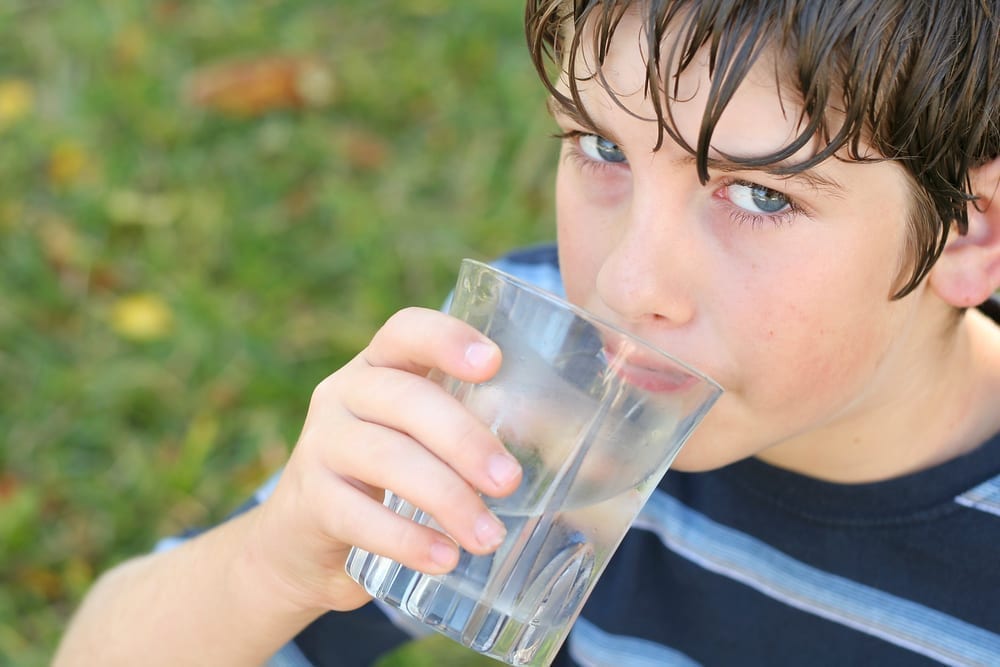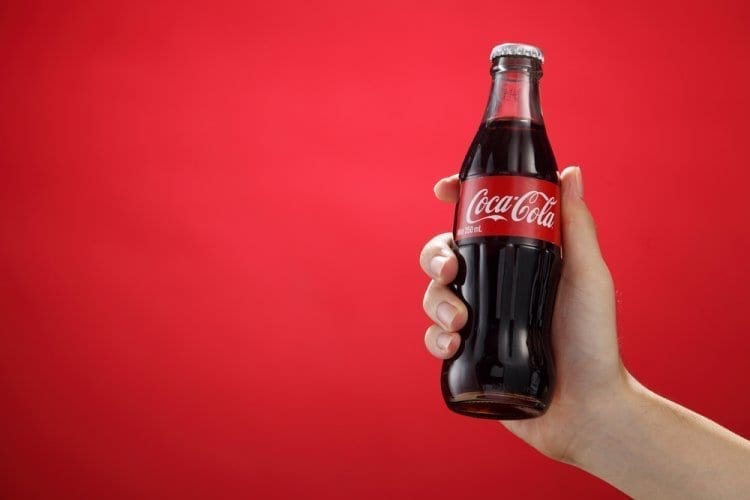1. Too much sugar leads to wrinkly skin. A process called glycation takes place where the sugar in the bloodstream bonds to collagen and elastin which are protein fibers that keep our skin flexible and elastic. When the sugar bids to them they become stiff and cause wrinkles.
2. The Indians (from India) were of the first to use cane sugar. Soldiers of Alexander the Great documented their being impressed with “the creation of honey without bees”.
3. 80% of all sugar consumed comes from sugar cane and 20% comes from sugar beets which grows better in cooler climates.
4. Would you swallow 16 sugar cubes in 5 minutes? No? Well that’s what you do when you drink a personal half liter bottle of cola or soft drink.
5. If you suspect your whole family is addicted to sugar you are probably right. Studies show that people with a certain change in a gene which creates the hormone grehlin consume more sugar than those without the changed gene. This hormone tells the brain “you are hungry” and those with the changed gene get that message more often and have a tendency toward sweet foods.
6. Sugar and alcohol both have similar toxic effects on the liver. A study published in 2012 in “Nature” showed that large amounts of sugar adversely affect the liver the same as alcohol. This damage can happen even to people who watch their calorie intake and maintain their proper weight.
7. Do find yourself forgetting thing? You may be consuming too much sugar. Studies show that sugar consumption is linked to early ageing of the brain and the weakening of memory and other cognitive functions.
8. Sugar hides in foods you wouldn’t suspect. Most people know to stay away from candies and cake but not many know to watch out for other high sugar products like bread, crackers, tomato paste and other innocent looking foods.
9. High sugar consumption can lead to insulin resistance. Insulin resistance increases the risk of getting cancer.
10. We must comment on sugar substitutes. Most are really not recommended. Both saccharin and aspartame were used in labs for investigating things not related to sweetening and their sweetness was discovered by accident. Sucarlose which is commercially known as Splenda was discovered when chemists were trying to make insecticide. Bon Apetit!




